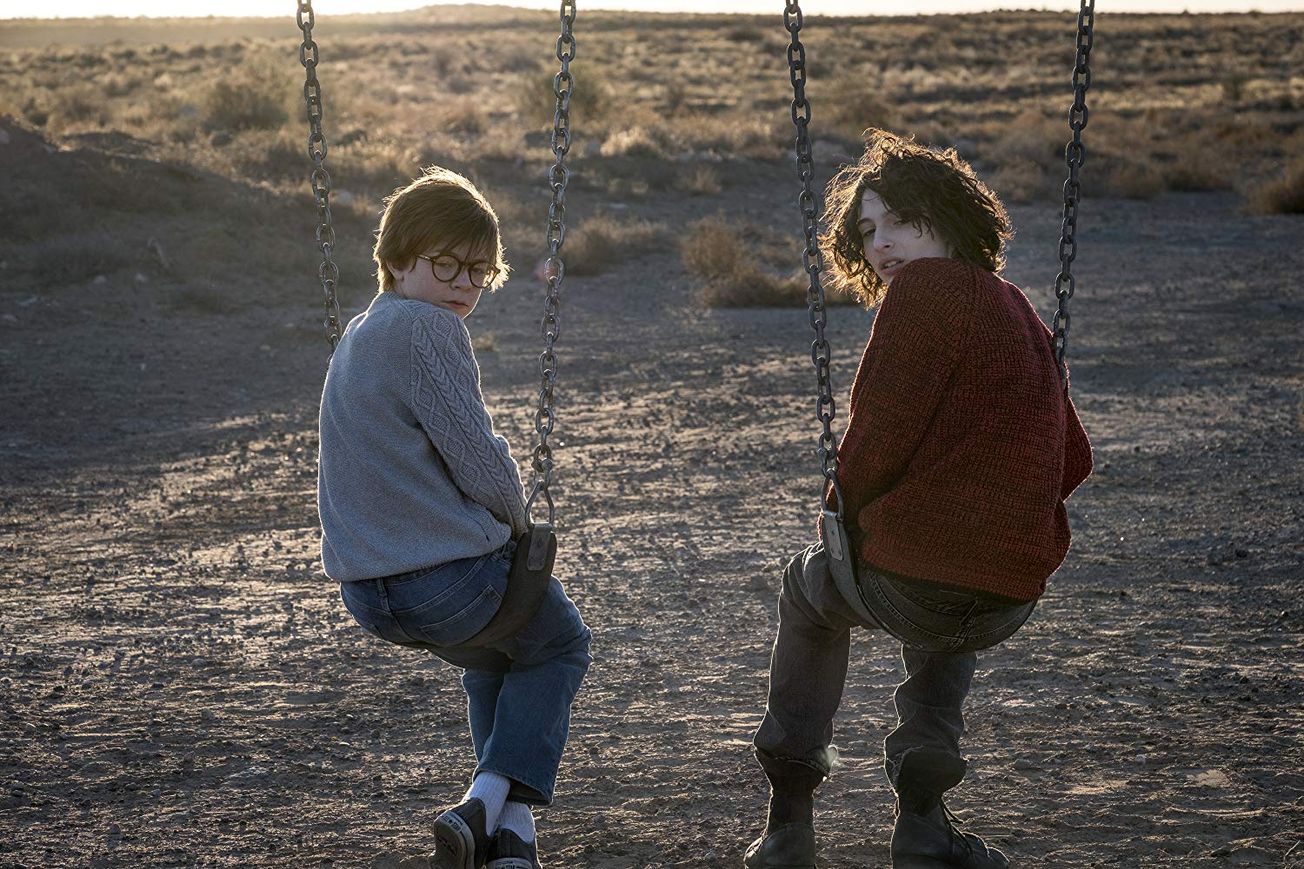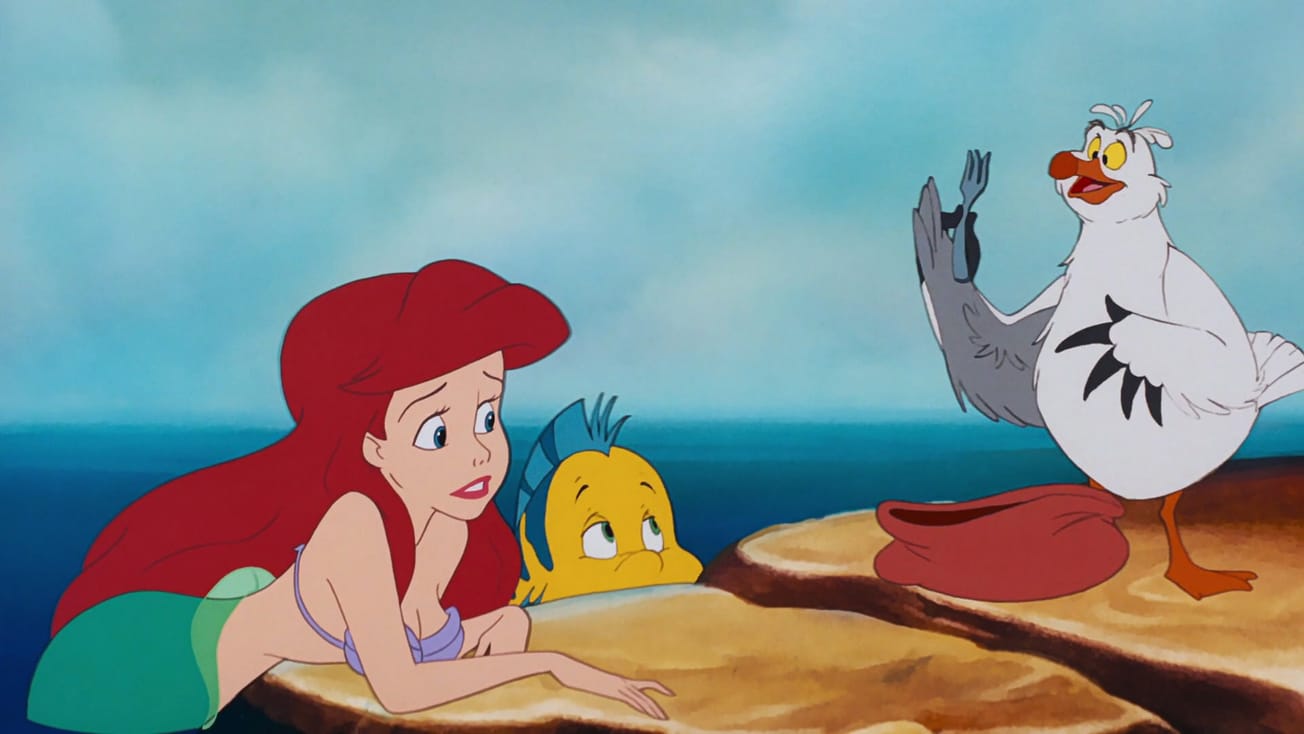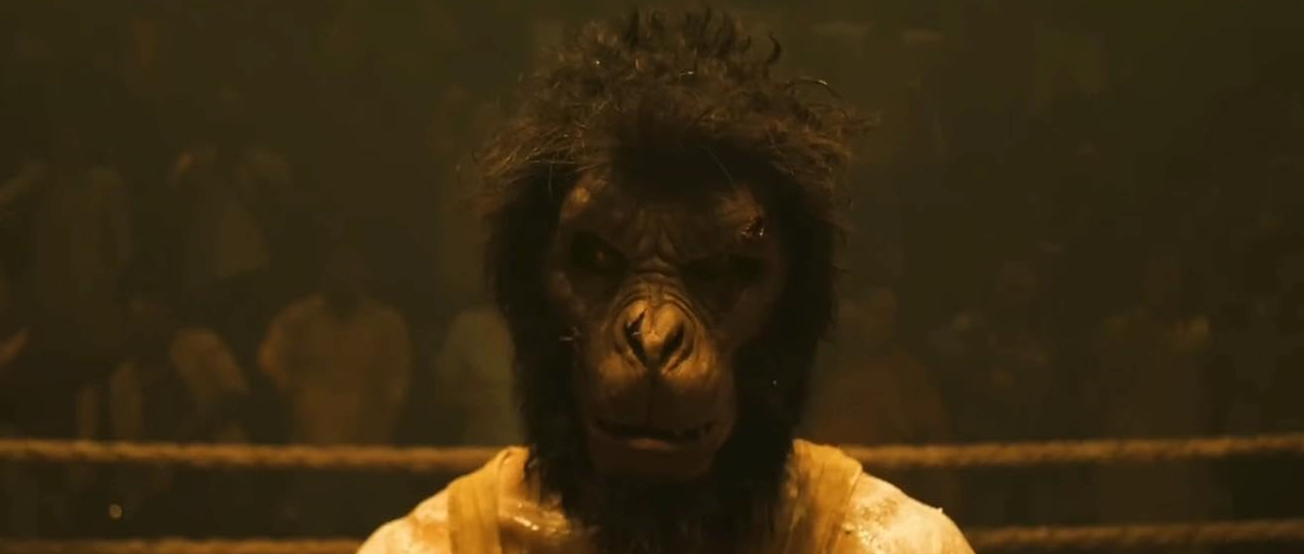By Daisy Game, Entertainment Sub-Editor
Before we go any further, let’s just get one thing straight – it’s really, truly not that bad.
The Goldfinch (2019) is a ‘disastrous translation’, scorns The Independent; ‘a dithering, arduous shredding’, the Telegraph chimes in resolute agreement – both verdicts on a film underpinned by what the Guardian describes as a ‘plot that thickens to sludge’.
The reviews for John Crowley’s much anticipated adaptation of Donna Tartt’s Pulitzer bagging novel have landed – and according to the critics, it’s been a bumpy flight. But could wildly unrealistic expectations have led to an obstinately unfair verdict? This is a possibility we must entertain.
From the critically-acclaimed bestselling novel, #TheGoldfinch is now playing. Get tickets now: https://t.co/o3SlbGOzsh. pic.twitter.com/blAgAFDNYQ
— The Goldfinch Movie (@GoldfinchMovie) September 22, 2019
Like cream skimmed from the surface of a carton of milk, or the skin resting atop a pan full of custard – it’s true that Crowley’s adaptation is far more akin to just-having-a-taste than it is to devouring a three course meal. The themes and narrative tick-in-the-boxes the director and his cast manage to hit do feel shallow and frantic in comparison to Tartt’s far juicier, slow cooked narrative; Crowley’s attempt at mimicry lacks the emotional muster and intensity so consistently present throughout Tartt’s novel.
Crowley’s is a model which relies on the taking of time. Detailed to a formidable degree – Tartt’s Goldfinch pulses with thought and feeling. Speaking to the Telegraph in a rare instance of public engagement, the reclusive writer divulged that she will happily wile away the hours engrossed in the act of moving a comma back and forth across the page.
It’s true that Crowley’s adaptation is far more akin to just-having-a-taste than it is to devouring a three course meal.
Such an insight goes some way towards explaining why her third epic took nigh on ten years to complete. So is it really such a shock that the emotional experiences of film versus book differ somewhat? One being a two-and-a-half-hour sprint, the other a close-to-one-thousand page Dickensian trek?
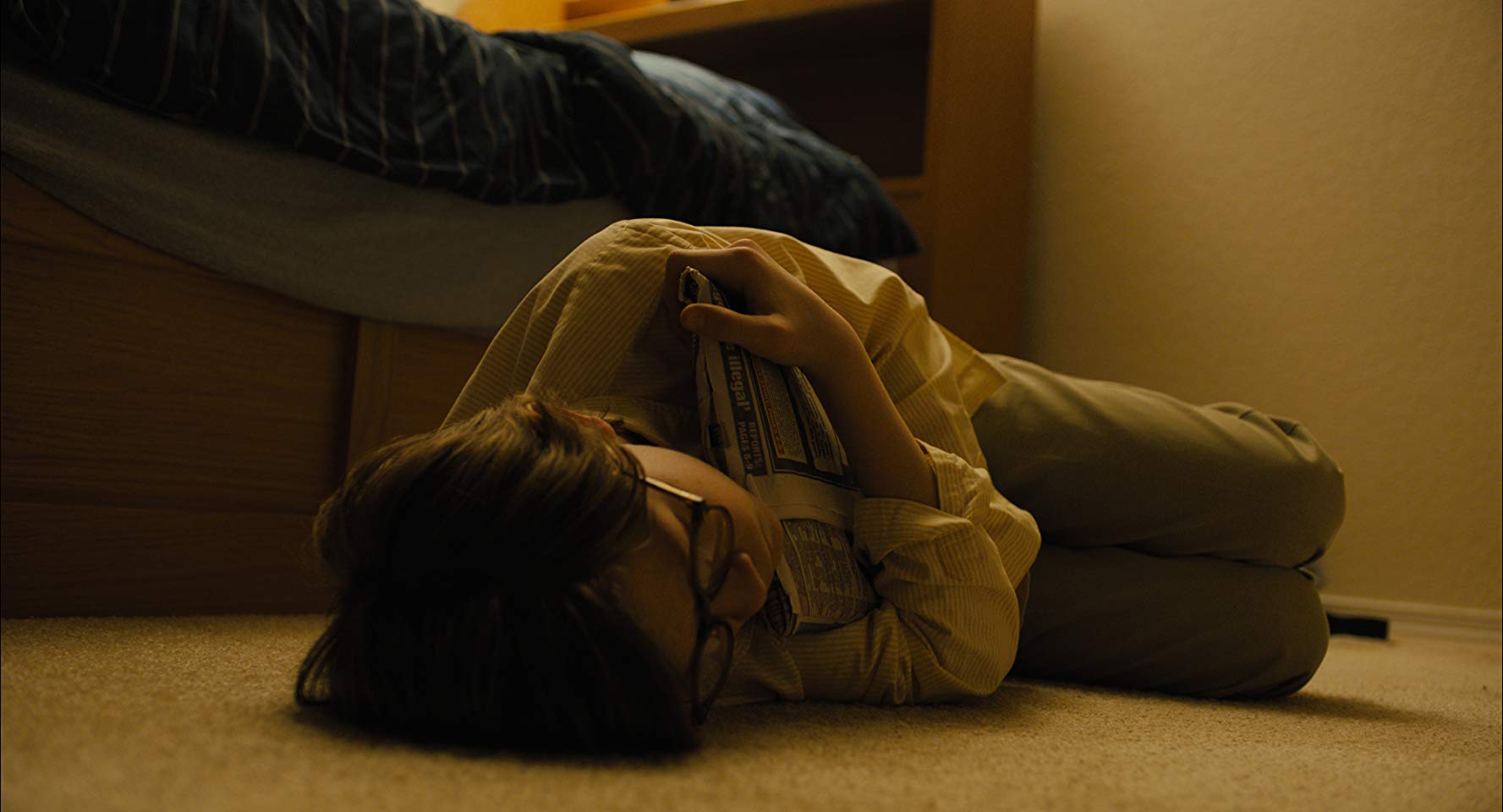
Perhaps what we should consider asking is whether such unavoidable disparity between text and screen must necessarily be such a terrible thing? The Goldfinch is a film based on a novel. It doesn’t claim to be the novel – it doesn’t claim to exceed the novel in way whatsoever.
So, if an audience member is sat in the auditorium expecting the same experience one might have had they in fact have picked up said novel – then perhaps this is exactly what they should have done. Doesn’t it seem a little cruel that we must constantly compare the two – rather than allowing the film to stand up on its own two feet, and tell us about all of the things it does have going on?
For one, Academy Award winner Roger Deakins’ cinematography is utterly glorious. Theo’s world melts and glows into its rich reality: Hobert and Blackwell blushing in mahogany filled wonder; the sand of the Las Vagas boils and bubbles in scratchy heat as young and old cast alike stand appropriately picturesque in Deakins’ experienced hands.
The soundtrack too deserves a nod, with Radiohead’s Codex buzzing stylishly across the-new-build-desert-wasteland on one deeply satisfying occasion – an instance closely rivalled by New Order’s shoulder swaying cameo.
Is it really such a shock that the emotional experiences of film versus book differ somewhat?
Performances too are largely very solid indeed. Nicole Kidman is poised and sharp as the stoic Mrs Barbour; Ansel Elgort is resolutely decent as mid-twenties Theodore Decker. By far the most impressive performance is that of Oakes Fegley, whose quiet, firm younger Theo twitches and vibrates with a wonderful execution of rage and confusion.
It’s not all rose tinted goodness, of course. I too have my own qualms about Crowley’s various cinematic choices - not least the film’s rather bizarrely rushed climactic scene. Further to this disappointment, it does seem a real shame that many of the text’s wonderful settings and locations fall somewhat by the wayside throughout Crowley’s feature.
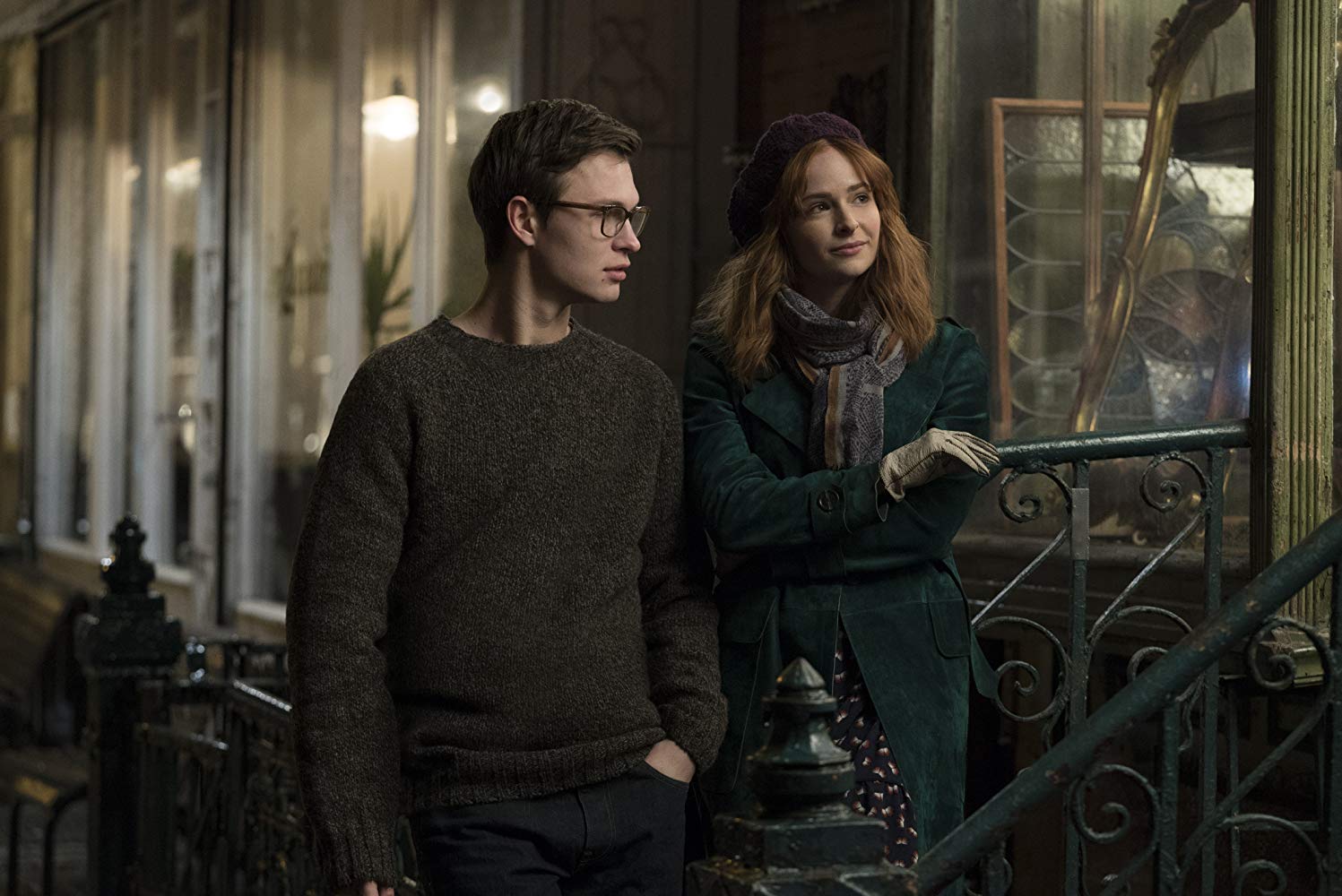
Theo’s complex yet ultimately affectionate relationship with New York city stitched so firmly into the seams of the novel is lost almost entirely - no yellow cabs dashing into focus here, no plumes of smoke rising from the sidewalk. Amsterdam too feels largely ignored – the canals across which Theo dashes and the hotel room within which he festers for days on end are there very briefly - and then not at all.
The Goldfinch is by no means an excellent movie. And yet the critics’ utter slamming of it seems, to me – a diehard Donna fan – an unnecessary and irresponsible exercising of judgement. Yes, Crowley’s reworking is a little like smelling bacon through the letter box of your next door neighbour’s place – getting the scent of something glorious up your nose without holding any chance of actually consuming said deliciously scented treat. But can’t we simply allow – revel in, even – the jumping and welling of our taste buds?
Featured: IMDb / Amazon Studios
Want more? Fantastic! There’s eight hundred pages more of where that came from.

